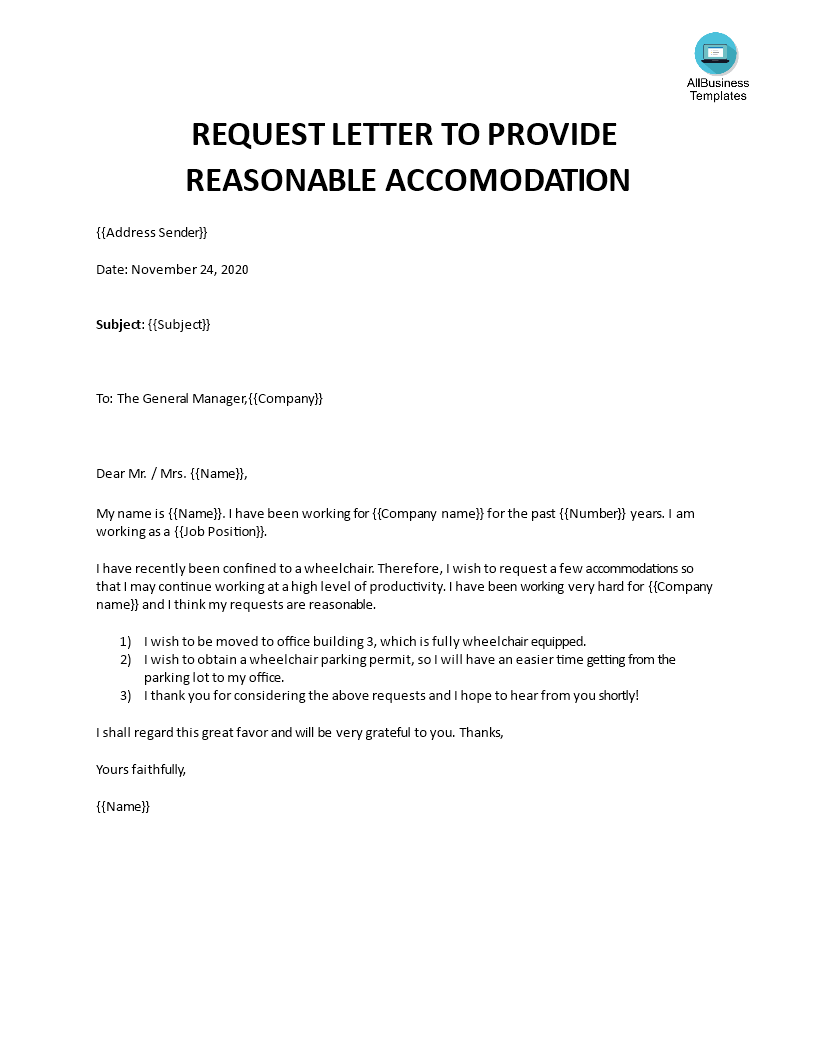
If your symptoms come and go, what matters is how limiting they would be when the symptoms are present. Your condition does not need to be permanent or severe to be "substantially limiting." It may qualify by, for example, making activities more difficult, uncomfortable, or time-consuming to perform compared to the way that most people perform them. You can get a reasonable accommodation for any mental health condition that would, if left untreated, "substantially limit" your ability to concentrate, interact with others, communicate, eat, sleep, care for yourself, regulate your thoughts or emotions, or do any other "major life activity." (You don't need to actually stop treatment to get the accommodation.) Just a few examples of possible accommodations include altered break and work schedules (e.g., scheduling work around therapy appointments), quiet office space or devices that create a quiet work environment, changes in supervisory methods (e.g., written instructions from a supervisor who usually does not provide them), specific shift assignments, and permission to work from home. A reasonable accommodation is some type of change in the way things are normally done at work. You may have a legal right to a reasonable accommodation that would help you do your job.

What if my mental health condition could affect my job performance? (If you wish to discuss your condition with coworkers, you may choose to do so.)ģ. If you do talk about your condition, the employer cannot discriminate against you (see Question 5), and it must keep the information confidential, even from co-workers. You also may need to discuss your condition to establish eligibility for benefits under other laws, such as the FMLA.


It is illegal for an employer to discriminate against you simply because you have a mental health condition.

Is my employer allowed to fire me because I have a mental health condition? You may also have additional rights under other laws not discussed here, such as the Family and Medical Leave Act (FMLA) and various medical insurance laws.ġ. The following questions and answers briefly explain these rights, which are provided by the Americans with Disabilities Act (ADA). If you have depression, post-traumatic stress disorder (PTSD), or another mental health condition, you are protected against discrimination and harassment at work because of your condition, you have workplace privacy rights, and you may have a legal right to get reasonable accommodations that can help you perform and keep your job.


 0 kommentar(er)
0 kommentar(er)
